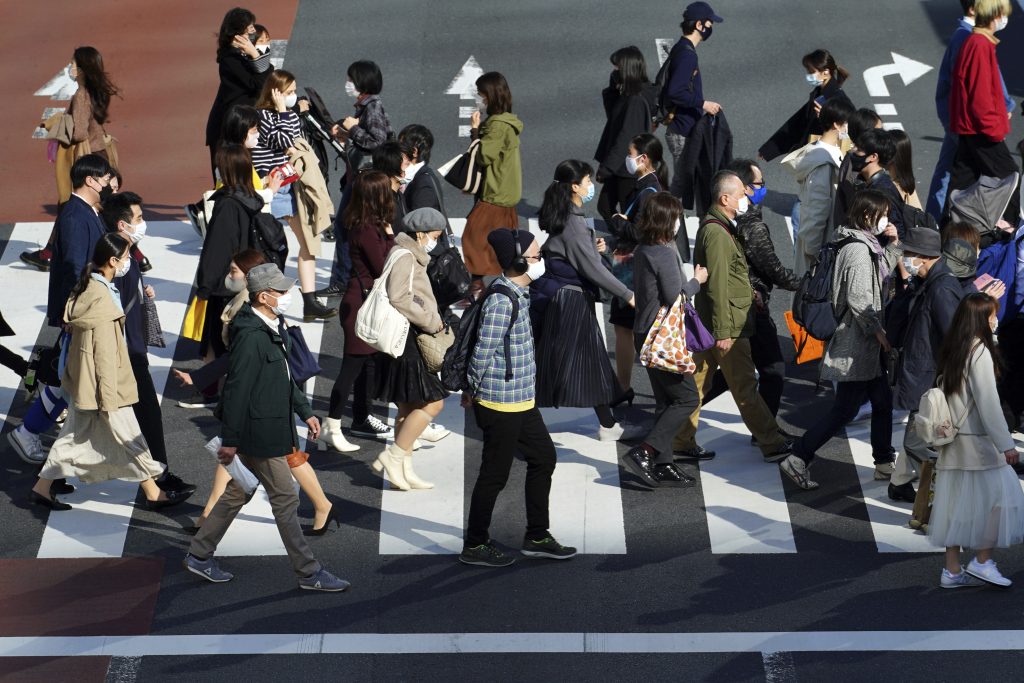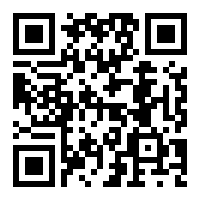
- ARAB NEWS
- 31 Jul 2025

Arab News Japan
Japan has managed to fight the coronavirus pandemic through quarantine, social distancing and states of emergency since the global outbreak of the virus began early last year.
The Japanese health ministry, under the directive of Japan’s minister overseeing vaccinations Taro Kono, began administering vaccines to medical staff on Feb. 17.

The country has so far approved only the Pfizer/BioNTech vaccine, and started administering the first shots in a Tokyo hospital.
The uphill battle Japan and the rest of the world faced during this pandemic was no easy feat.
On Jan. 16 last year, the Japanese health ministry confirmed the first coronavirus case in the country.
A week later, the foreign ministry issued a level two travel warning for the city of Wuhan in China, the epicenter of the outbreak.
By the end of January, more cases were detected that were either asymptomatic or showed mild symptoms. By February and March, the outbreak had reached most parts of the world, with talks of lockdowns, quarantine and social distancing measures.
Japan’s former prime minister Shinzo Abe announced in March a 270 billion yen ($2.5 billion) emergency economic package to help fight the pandemic as he sought public support for his government’s fight against the outbreak.
Travel restrictions were also put in place and a state of emergency was discussed in Tokyo as cases continued to rise in and out of Japan.
The country opened back up around June and by August cases began to rise again. By November, Japan’s Imperial Household Agency had decided to cancel the 2021 New Year greetings by the Imperial Family to visitors at the Imperial Palace in central Tokyo due to the threat of the virus.
It was the first time that the New Year greetings had been canceled since 1990 following the death of Emperor Hirohito, posthumously named Emperor Showa, in 1989.
Each year on Jan. 2, members of the Imperial Family appear on the balcony of the palace to offer New Year’s greetings to large crowds of visitors.
Since the start of the Heisei era in 1989, at least 50,000 people visit the palace every year to receive greetings from the Imperial Family.
The Imperial Family also greets the public at the palace on the Emperor’s birthday. Visits to the palace to celebrate Emperor Naruhito’s birthday in this year and last year were canceled due to concerns over crowding amid the virus outbreak.
As December rolled around, Christmas and New Year’s celebrations were kept to a minimum, as coronavirus cases began to reach an all-time high. In Jan. 7 of this year, Japan’s Prime Minister Yoshihide Suga declared a new state of emergency in Tokyo.
The move was later expanded to seven other prefectures, including Osaka, Kyoto, Hyogo, Fukuoka, Aichi, Gifu and Tochigi.
Several cases of the new UK coronavirus variant were also confirmed in the country, prompting a further extension of the state of emergency, which will last until March 7.
With vaccines being administered and quarantine measures still in place for travelers, many hope that the situation will subside in time for the upcoming Tokyo Olympics and Paralympics Summer Games, despite the obstacles.